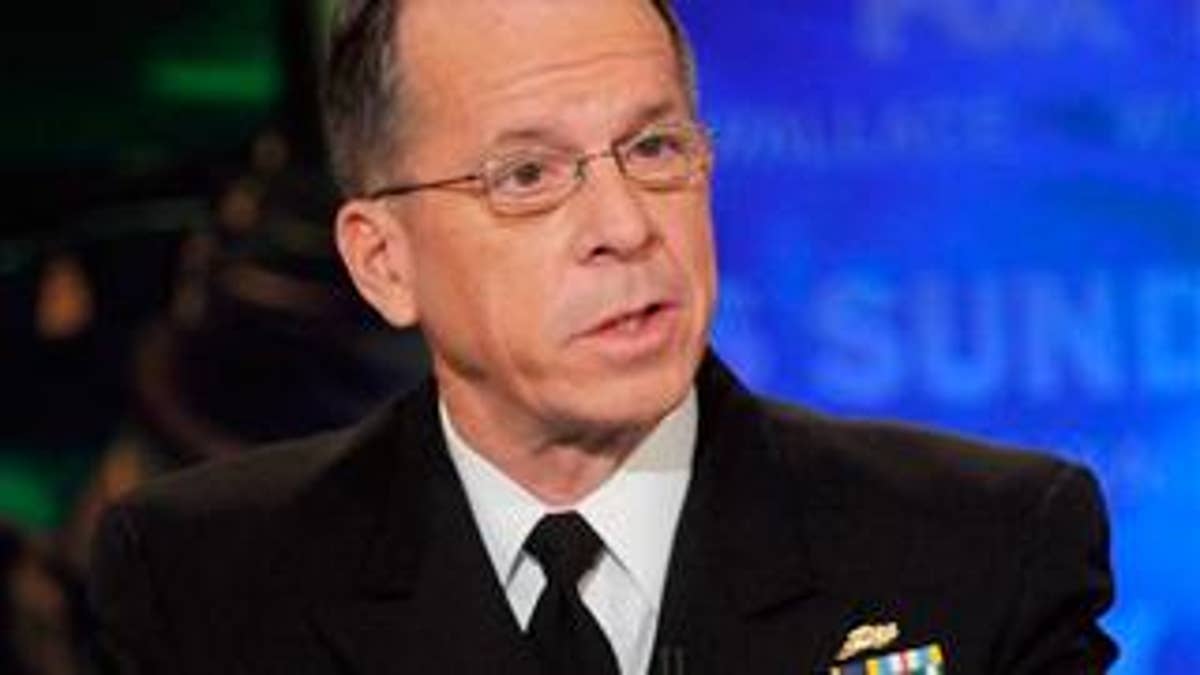
President Obama has presented Congress with some questionable accounting for the wars in Iraq and Afghanistan, analysts and Republican lawmakers say, as they begin to pore over his $3.6 trillion budget for the next fiscal year.
Critics say the administration at once has both grossly over-estimated the amount of money it will save by winding down the war in Iraq and under-estimated the actual price of the Iraq and Afghanistan wars in the years ahead.
"This budget is a lesson in fuzzy math," House Republican Leader John Boehner said in a statement to FOXNews.com Monday.
The budget includes a "placeholder" estimate of just $50 billion per year for the wars in Iraq and Afghanistan starting in 2011. By comparison, the total war cost for fiscal 2009 is expected to hit $142 billion.
At the same time, Obama's budget team projects saving $1.5 trillion over 10 years by scaling back the wars. But this estimate assumes the price tag for the wars would exceed $100 billion almost every year through 2019, despite pre-existing commitments to withdraw U.S. troops from Iraq by the end of 2011.
Boehner said the move creates "phantom savings for money they never intended to spend in the first place."
The estimate basically assumes the Department of Defense would shell out military spending at current rates. War costs hit a high in fiscal 2008, at $188 billion. But Obama's budget assumes the government would still be dishing out $183.5 billion in 2019 if his administration didn't step in to rein in spending.
"It's like a family trying to claim savings of $10,000 by assuming a family vacation and not taking it," said Brian Riedl, a senior federal budget analyst with the conservative Heritage Foundation.
Riedl said the estimate is unrealistic and allows Obama to claim massive cuts to spending that was never going to take place anyway.
"There was never any plan for us to have Iraq fully staffed with the same number of troops ... in 2019 as there was today," Riedl said.
Using these and others estimates, the White House claimed last week it was acting to head off a whopping $9 trillion deficit 10 years from now.
Asked about the questionable math on "FOX News Sunday," Chairman of the Joint Chiefs of Staff Adm. Mike Mullen said he did not have that projection of spending $183 billion through 2019.
"I haven't looked out that far in terms of the specific projections. Certainly, we review routinely the costs as best we are able to project it in the budgets over the next several years, and we've done that," he said. He denied that the high figure was an administration "gimmick," saying that "there are certainly uncertainties associated with" projections a decade from now.
Meanwhile, Mullen said the $50 billion "placeholder" for the wars for 2011 and beyond was based "on our best estimates thus far," and said conditions could certainly change.
"Over time we'll certainly adjust those estimates," he said. "They're certainly not an exact science, certainly, the further you get out to the right in terms of our budget. So I think they're an approximation, and I'm confident that over time they'll become as accurate as needed to carry out the mission."
A White House overview also states the estimate does "not reflect any policy decisions about specific military or intelligence operations." But the figure, while a placeholder, was swiftly panned as an obvious low ball, considering Obama's plan to escalate the war in Afghanistan.
"It is questionable whether allotting a flat $50 billion per year beginning in 2011 is operationally realistic," said an analysis from Republicans on the Senate Budget Committee -- led by ranking member Judd Gregg, R-N.H., who was Obama's commerce secretary pick before he withdrew his name over fiscal disagreements with the administration.
Their analysis said the president's plans to double the troop presence in Afghanistan could "nearly double the current annual $34 billion cost of Afghan operations." The analysis also said the president's plans to leave up to 50,000 troops in Iraq after his withdrawal deadline of August 2010 "would entail substantial residual costs that are not reflected in his request."
Even Mullen told "FOX News Sunday" there will be "considerable costs" associated with drawing down in Iraq and escalating the Afghanistan front.
Baker Spring, a defense analyst with the Heritage Foundation, said it's reasonable to expect Obama can bring down war costs to about $50 billion by the end of his first term assuming security continues to improve in Iraq and Afghanistan becomes more stable.
"I would be skeptical that you could be more optimistic than that," he said.




